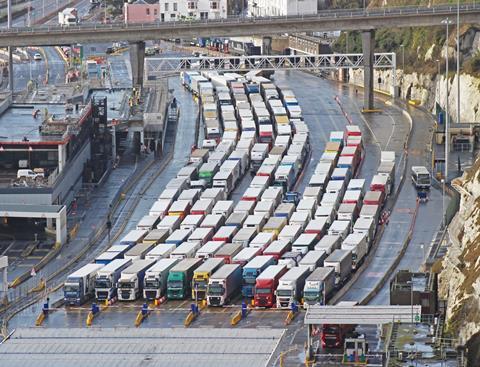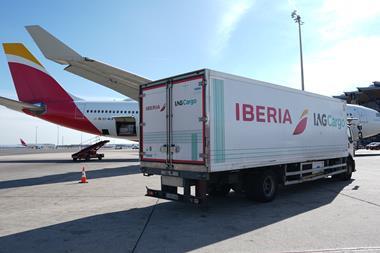
Some relief for hauliers in EU contingency, says FTA
UK hauliers may be able to maintain operations in the European Union (EU) without permits for certain services over a nine month period in the event of a no deal Brexit.
A provisional agreement between the European Parliament and Member States to allow UK hauliers to work without European Conference of Ministers of Transport (ECMT) permits still needs to be formally confirmed.
Road feeder services (RFS) between UK and EU airports are an important part of the airfreight supply chains, particularly for high value and time-sensitive goods.
The likely concession follows two years of intense lobbying by the UK Freight Transport Association (FTA) which welcomed the decision.
But the FTA cautioned that the concession still leaves UK hauliers “with much to consider”.
Sarah Laouadi, FTA’s European policy manager, said: “The lack of ECMT permits under a no deal Brexit would severely limit market access for thousands of UK businesses, and is something we have worked tirelessly to address on behalf of our members.
“Today’s announcement will give some respite concerned about the future of their businesses, but is far from offering frictionless operating conditions and should still be viewed in light of the threat posed to the UK’s trading relationships by a no deal departure from the EU.” Laouadi added: “The offer is only valid for nine months from Brexit date, could be revoked unilaterally by the EU without any appeal mechanism, and would not provide the same levels of access as UK hauliers currently enjoy.
“Shippers have come to rely on fully flexible logistics operators, who can move goods as and when necessary, but this would not be possible under the contingency approved today.
“For instance, cabotage rights in the EU would be limited significantly, and progressively reduced during the nine month period under review, with no cabotage rights at all in the final two months of the contingency period.
“This would have a significant impact on those businesses trading in Europe as they return to the UK.”










